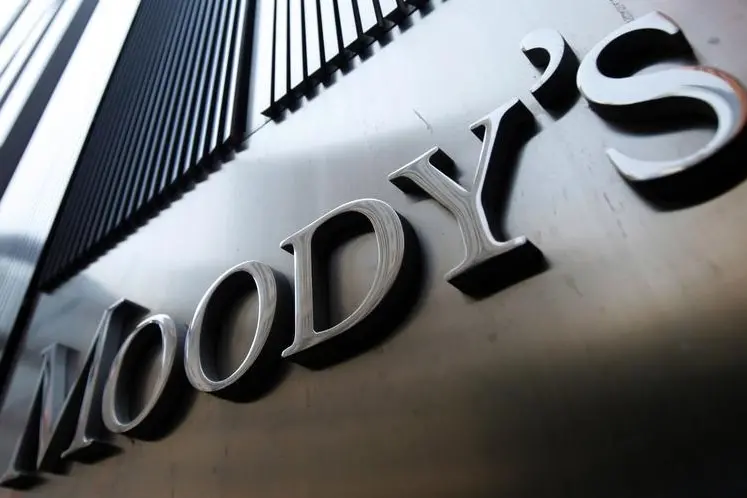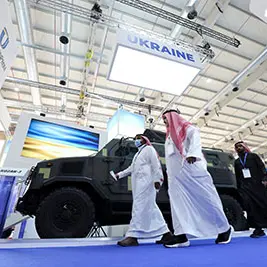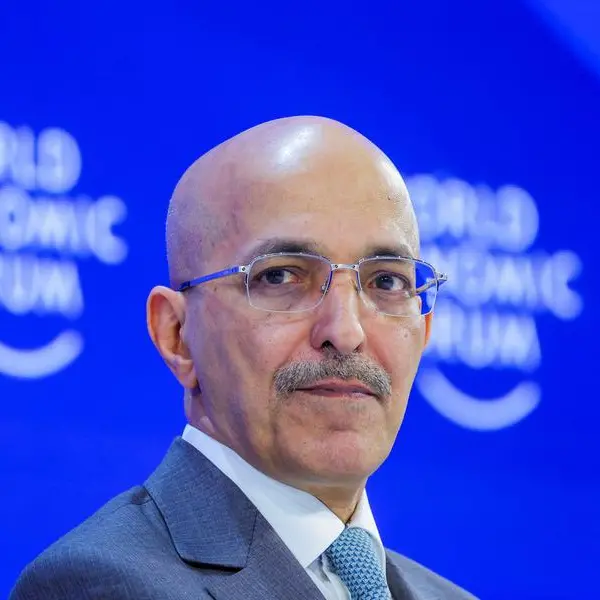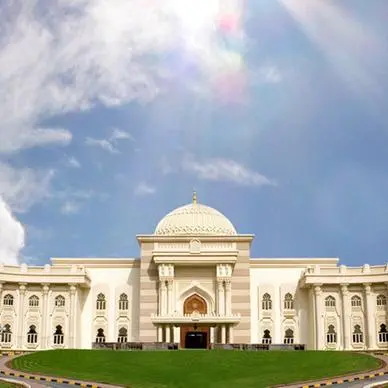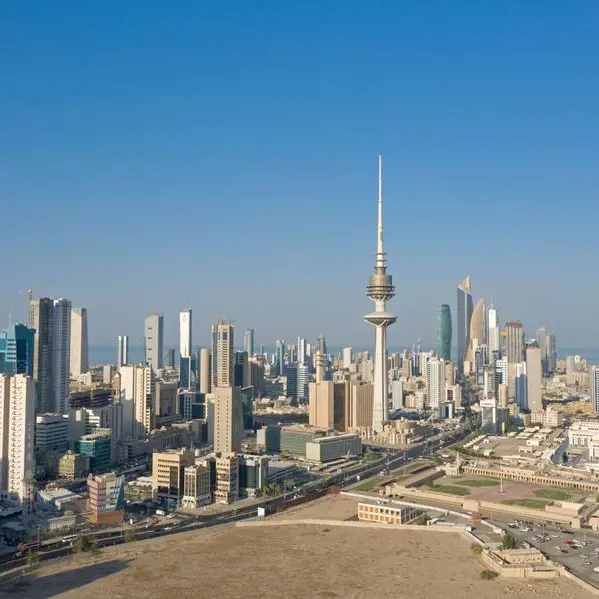PHOTO
BEIRUT: The new government should stick to the former Cabinets economic recovery plan to get money from the International Monetary Fund, Moodys said in a new report.
The likely starting point for the new government is the comprehensive financial recovery plan outlined by the former Prime Minister Hassan Diab's government in April 2020 following Lebanon's sovereign default on March 9, which largely met with the IMF's approval and which President Michel Aoun is advocating to include in the government's policy program, Moodys Investors Service said in its last report on the economic challenges facing the new Cabinet headed by Prime Minister Najib Mikati.
New Finance Minister Youssif Khalil, who held the post of the head of financial operations at the Central Bank before his appointment, has not yet revealed his new approach to tackle the gigantic financial and economic challenges that will face his administration in the coming weeks or months.
It is almost certain that the ministerial committee will mention IMF program as a way out of the crisis.
Moodys said the program estimated Lebanon's net external financing needs at around $10 billion over five years, to be covered by the IMF (we assume a potential loan of about $2 billion) and the international donor community.
These funding needs have since increased further, but Lebanon's foreign-exchange reserves will benefit in the short term from the IMF's $1.135 billion Special Drawing Rights allocation by September 16 to alleviate immediate shortages of basic goods, the report explained.
It added that given the close financial ties between Lebanon's public and financial sectors, the recovery plan also estimated aggregate system-wide financial losses at LL241 trillion, assuming an exchange rate of LL3,500/$1.
Of the implied system wide losses of $69 billion, a share of 30 percent (amounting to around 80 percent of 2020 GDP in local currency terms) was allocated to the governments balance sheet (impacting mainly Eurobond holders owing to a dearth of US dollars with which to service foreign-currency debt) and the BDL, respectively, with the remaining 40 percent accruing to the banking system at the time of default.
These losses, and additional losses accrued since then, inform our C rating, implying expected bondholder losses of over 65 percent, Moodys said.
The report indicated that Lebanon's GDP declined to $33 billion in 2020 from $55 billion in 2018 according to World Bank estimates, while GDP per capita contracted by 40 percent, one of the worst economic crises globally over the past century.
The currency has depreciated by over 90 percent over the past 18 months, fueling inflation and an erosion in households' real purchasing power.
According to recent estimates by the United Nations, the multidimensional poverty rate, which takes into account factors such as access to health, education and public utilities, has nearly doubled from 42 percent in 2019 to 82 percent in 2021.
Moodys stressed that the country's track record of missed reform opportunities amid partisan deadlock despite external support commitments raises execution risk regarding the new government's economic turnaround efforts.
In light of these challenges, a higher rating would be contingent on Lebanon's debt dynamics evolving in a way that suggests greater debt sustainability, supported by a return to economic growth, relative price stability and sustained primary surpluses, Moodys said.
The report added that the formation of a functioning government is only a first step toward arresting the countrys economic collapse, restructuring its public and financial-sector debt, and implementing a more sustainable growth model geared toward domestic production.
Lebanons economic slump is being exacerbated by a continued drawdown of foreign exchange reserves in the absence of financial support from official lenders.
It added that IMF conditions to extend emergency funding to the country include governance reform, starting with comprehensive audits of BDL and state-owned enterprises, particularly electricity utility Electricite du Liban; making the public finances and banking system solvent again via a comprehensive debt restructuring; and eliminating the current multiple exchange rate system, temporarily accompanied by formal capital controls.
Copyright 2021, The Daily Star. All rights reserved. Provided by SyndiGate Media Inc. (Syndigate.info).
